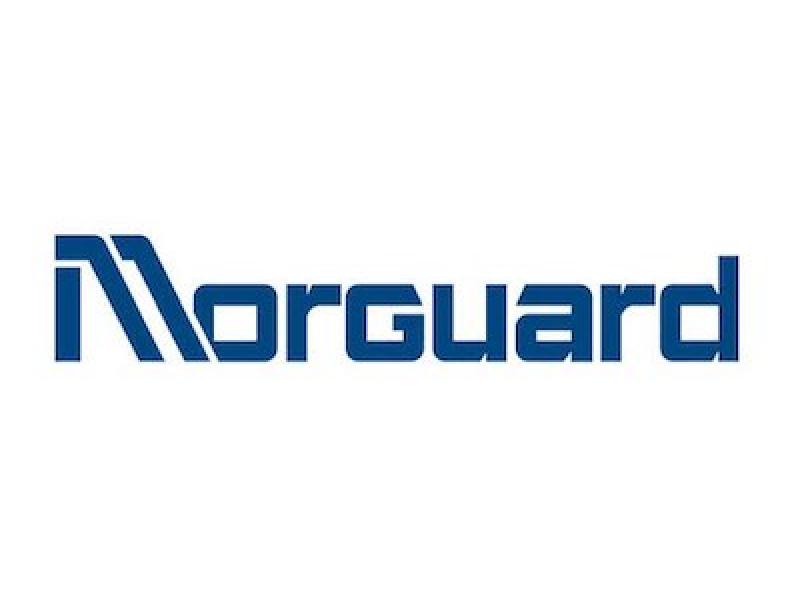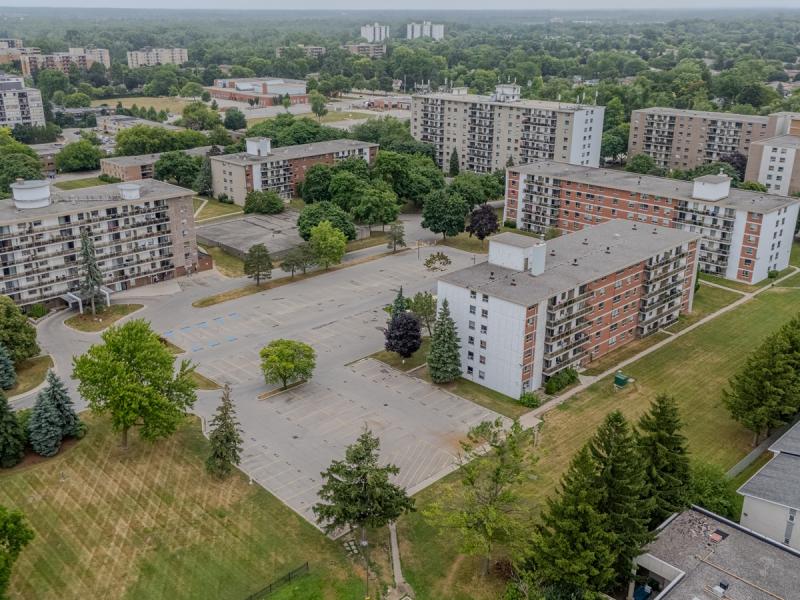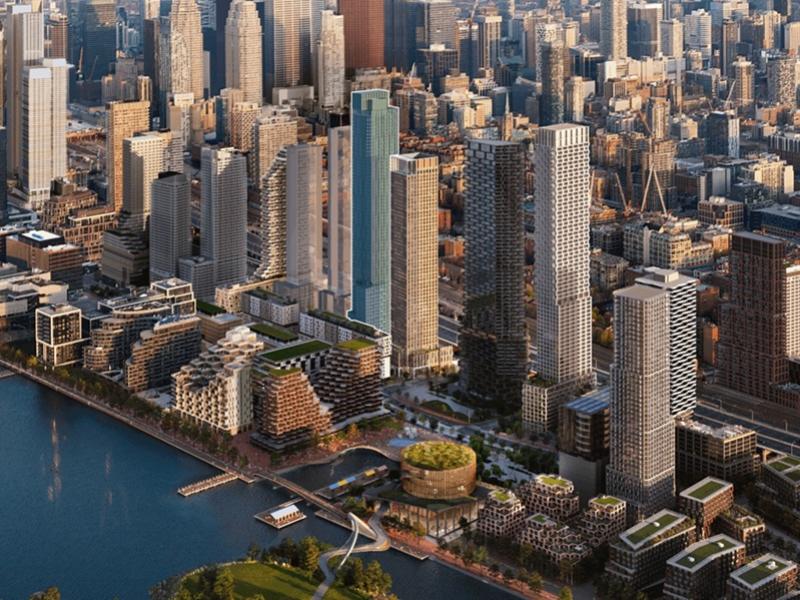
The pace of growth in Canada's lodging market slowed late in 2023 as things returned to more normalized levels after the “revenge travel” boom of 2022 that followed COVID-19 lockdowns, but there were still improvements in room demand and average rates across the country.
Demand increased by 8.5 per cent, occupancy rose to 65.7 per cent, the average daily rate reached a new high of $200.08 and revenue per available room (RevPAR) improved by 18.2 per cent to $131.48, according to Cushman & Wakefield’s new Canadian Lodging Overview 2023 report.
The 2023 occupancy and RevPAR numbers eclipsed the 2019 pre-pandemic figures of 65 per cent and $107.35, respectively.
RevPAR growth is forecasted to be in the four to five per cent range in the near- to mid-term.
Top performing hotel types
“Focused service hotels continued to be the best performers,” Cushman & Wakefield vice-president and practice leader for hospitality and gaming valuation and advisory Brian Flood told RENX.
“As a group, they're typically located in strong suburban markets and secondary markets. I think those will continue to perform very well.
“Extended stay hotels also continue to perform quite well. And again, many of those are located in suburban markets although we do see very strong results for focused service properties in city centres, usually because they tend to be a little more affordable.
“And with rates where they are now, I think affordability is certainly becoming more and more of an issue.”
Resort properties
Flood said resort properties continue to perform well although that softened a bit last year.
He noted travellers had more options and could visit countries where their travel dollars might go further after pandemic-related restrictions and concerns the previous few years.
“We've seen renewed interest from developers in the resort sector,” Flood noted. “We've had conversations with a number of groups looking to develop fairly small, high-end boutique types of resorts.”
Flood added that not much capital has been invested into existing resort properties and some were becoming a bit dated, but money is also starting to be spent on improvements.
Lodging providers have also improved working conditions and increased pay for employees, which Flood said has curtailed the labour shortage issues the industry was having earlier this decade.
Big city hotels are doing well again
There was a reversal of many long-standing trends in the Canadian accommodation industry in 2020 and 2021, with Toronto, Vancouver and Montreal left struggling to fill rooms as travellers avoided densely populated cities and international, group and corporate demand fell.
Those major cities have re-emerged as leaders over the past two years.
“The one sector that still is a little soft is corporate,” Flood said.
“It hasn't quite recovered to pre-COVID levels, but certainly group travel has come back in a big way and that's been driving a lot of that activity in markets like Vancouver, Toronto and Montreal.”
While there’s optimism for continued corporate travel recovery in 2024 and 2025, it’s expected to stabilize at around 10 per cent below 2019 levels.
Vancouver ($209), Toronto ($184) and Victoria ($169) led the country in overall RevPAR, while Winnipeg surprisingly had the strongest growth in 2023 with an increase of 28 per cent. Winnipeg’s performance was boosted by strong demand for emergency and refugee housing.
Vancouver, Toronto, Montreal and Quebec City experienced 23 per cent RevPAR growth. Calgary and Ottawa saw growth of 22 per cent, followed by Halifax at 19 per cent and Edmonton at 18 per cent.
Housing shortages have impacted the hotel sector as they’ve been used to meet the increasing needs for student, social and refugee housing. Floods and wildfires also displaced many people across Canada and created needs for temporary shelter.
There were also more airline passengers in need of lodging due to flight delays and cancellations.
New hotel openings and a growing pipeline
While there’s been a slowdown in new hotel openings over the last three years, strong market results, improvements in supply chain issues and moderating costs have seen new and postponed projects beginning to move forward.
New hotel room openings in Canada declined from 4,349 in 2021 to 3,319 in 2022 and 3,237 in 2023. It’s estimated 4,173 new rooms will open in 2024, representing 0.9 per cent growth in total rooms.
“Overall, it shouldn't have a significant impact,” Flood said.
Rooms in planning surged well above pre-pandemic levels to 36,497 in Q4 2023, representing nearly 10 per cent of Canada’s existing hotel room supply.
Fifty-seven per cent are in Ontario, with British Columbia a distant second at 21 per cent. Toronto accounted for 18 per cent, while Vancouver accounted for 11 per cent.
Upper mid-scale and upscale hotels accounted for 30 per cent and 19 per cent of rooms, respectively, in the national pipeline.
“It's Fairfields, Hilton Garden Inns and Hyatt Places, that sort of mid-category that are usually in the 100- to 150-room range,” Flood observed. “The challenges with big hotels is that they need to be in downtown markets usually and the cost to build is so high.
"So we’re seeing most of the activity in suburban areas where the costs are a bit lower.”
Lodging transactions
Despite the rise in interest rates in 2022 and 2023, investor interest in hotels remained high as the strong recovery in the sector and the ability of hotels to hedge against inflation was attractive.
Cushman & Wakefield tracked over 125 lodging transactions last year that accounted for an estimated $1.6 billion in sales volume. That compares to more than 160 transactions at a similar dollar volume in 2022.
Transactions for ongoing hotel uses accounted for 88 per cent of the activity in 2023.
Sales of hotels being sold for alternate uses, which was notable in 2022, slowed to eight per cent of overall volume while distress sales were at four per cent.
Flood said municipalities were buying hotels to accommodate people who needed to be sheltered due to Canada’s housing crisis, but that has slowed.
Biggest hotel deals of 2023
Here are the four largest hotel transactions of 2023, according to the report:
- Oxford Properties, along with an institutional capital partner, acquired the 330-room Rimrock Resort Hotel in Banff, Alta., from a private ownership group for $170 million in June. Accor, a hospitality group comprising 5,400 properties and 10,000 food and beverage venues in 110 countries, signed a deal to operate it.
- Hennick & Co acquired the 77-room Hazelton Hotel in Toronto from First Capital REIT for $110 million in June.
- Manga Hotels acquired the 489-room Ottawa Marriott Hotel in Ottawa from InnVest Hotels for $86.5 million in July.
- Groupe Mach acquired the 357-room Intercontinental Montreal in Montreal from Swedish hotel company Pandox for $80 million in February.
Transaction volumes could increase this year, driven by improved liquidity and lenders returning to the lodging sector due to its strong financial performance.
“If you're a seller, it's a great time to sell because prices are elevated,” Flood said. “And with higher interest rates and costs, some owners may feel the need to recapitalize and that may prompt some activity this year.”










